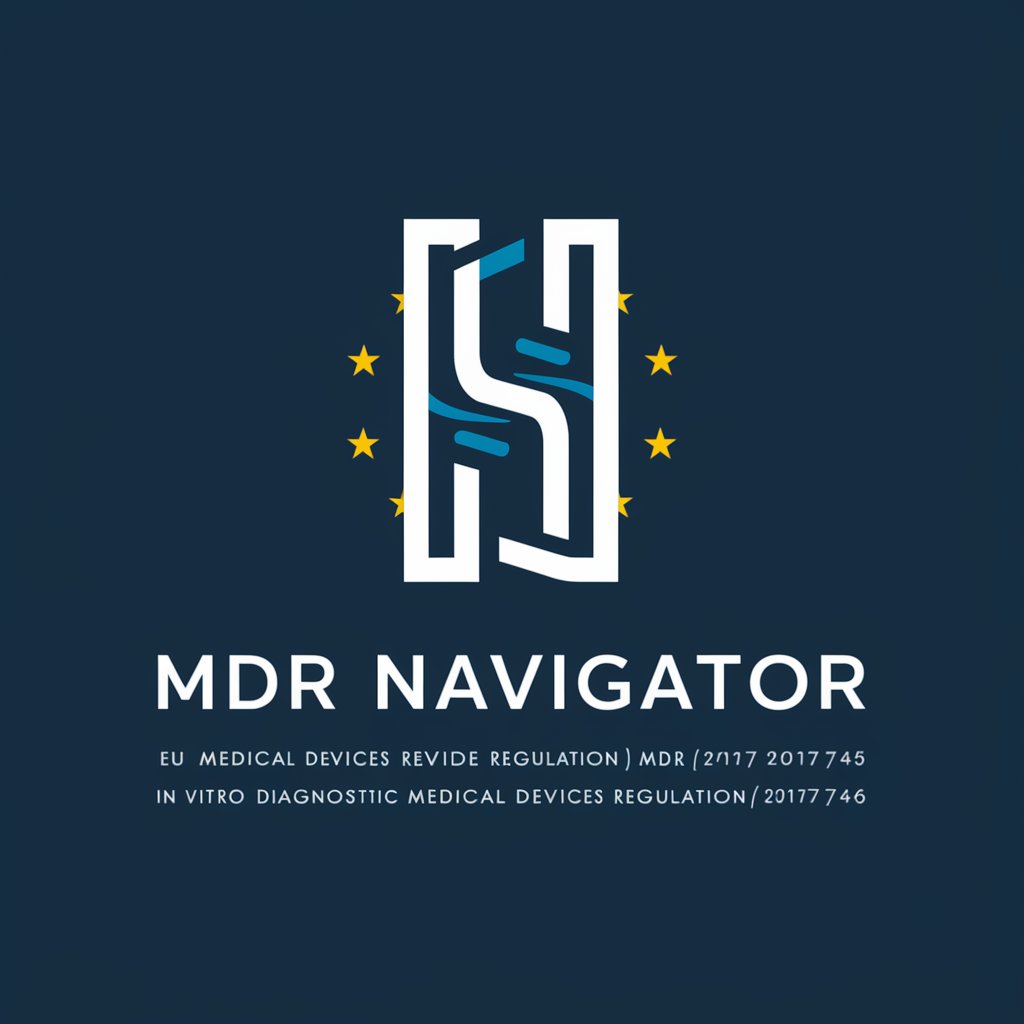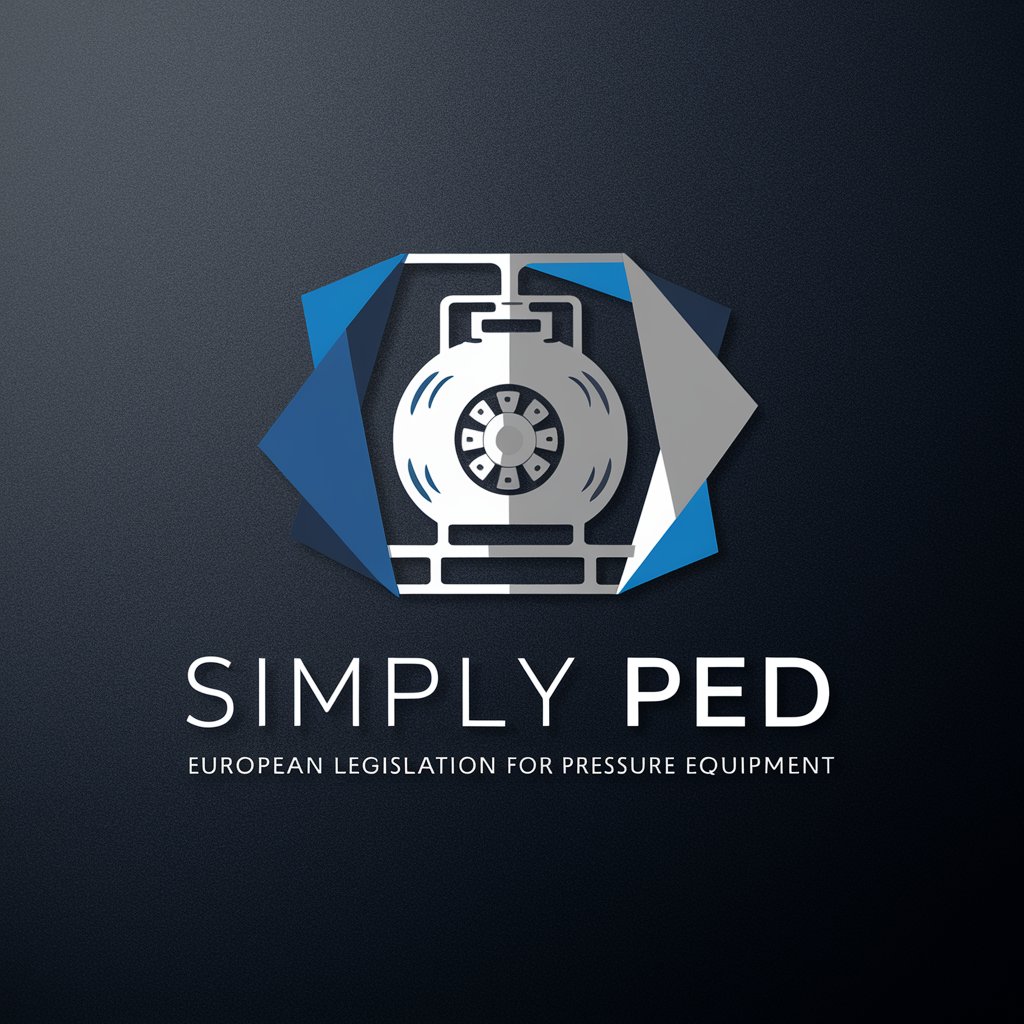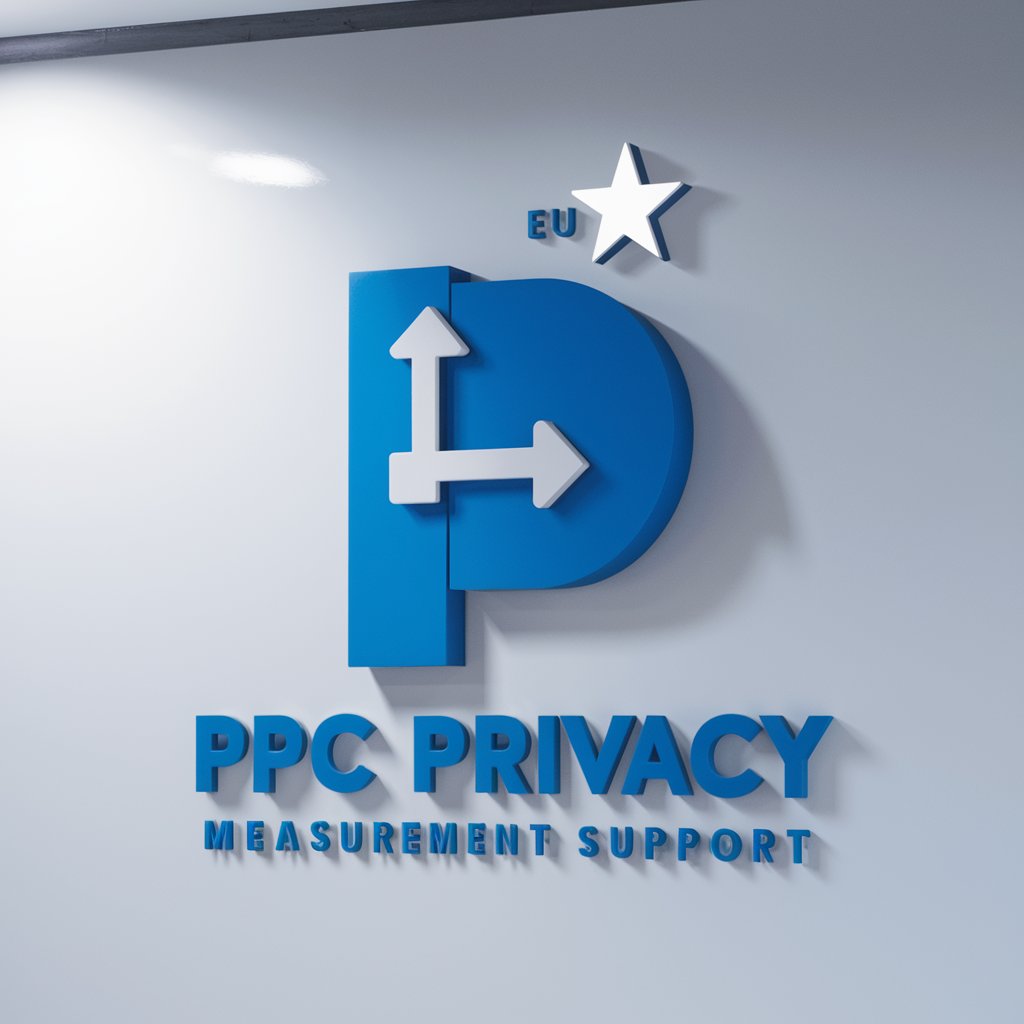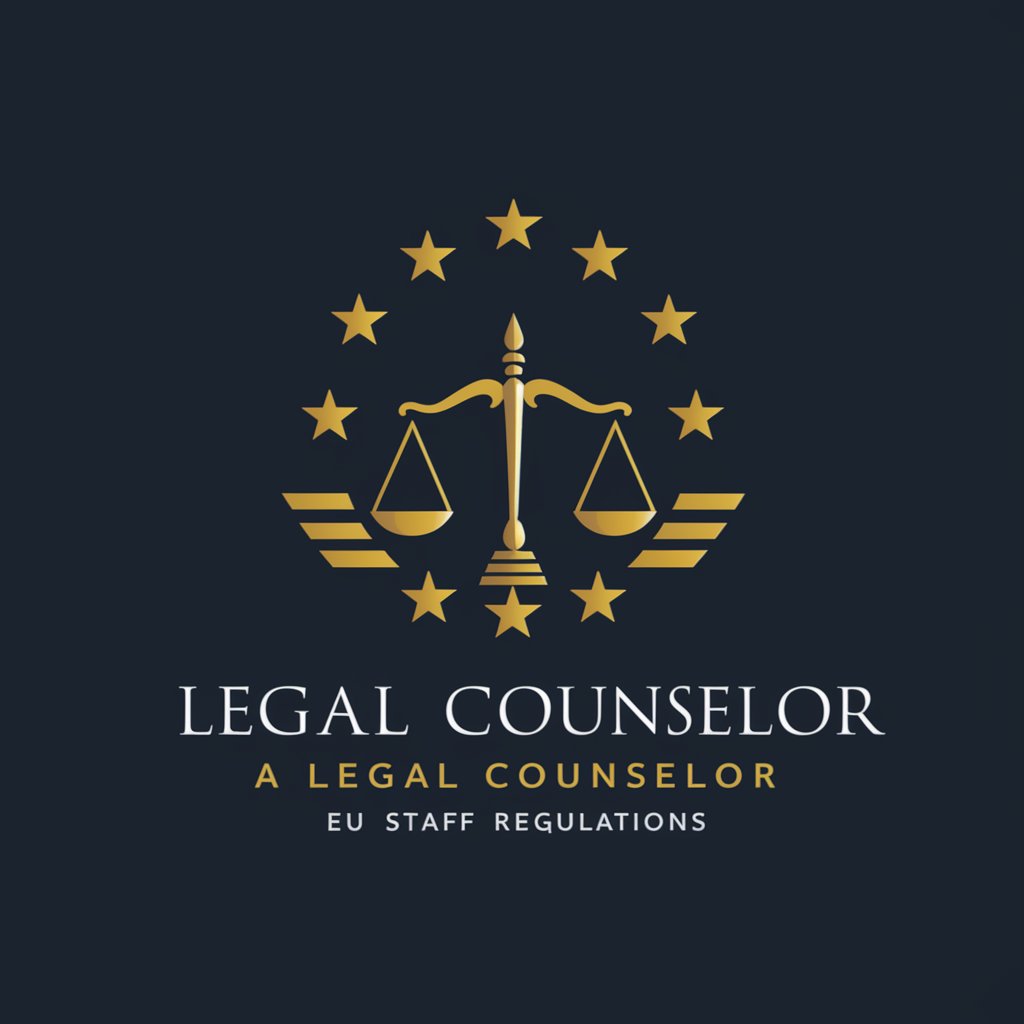7 GPTs for EU Regulations Powered by AI for Free of 2026
AI GPTs for EU Regulations refer to advanced artificial intelligence tools based on the Generative Pre-trained Transformer technology, tailored specifically for interpreting, analyzing, and providing solutions within the framework of European Union regulations. These tools are designed to assist in navigating the complex landscape of EU laws, directives, and guidelines, making them highly relevant for legal analysis, compliance checks, and regulatory advice. The integration of GPT technology enables these tools to understand and generate human-like text, offering precise and context-aware insights into EU regulatory matters.
Top 7 GPTs for EU Regulations are: MDR Navigator,Simply PED,GreenWatch Assistant,Excise Duties on Alcohol EU,Douane NC GPT,PPC Privacy Measurement Support (by Thomas Eccel),EUSR_CEOS_GPT
MDR Navigator
Your AI-powered MDR and IVDR advisor

Simply PED
Navigating Pressure Equipment Compliance with AI

GreenWatch Assistant
Empowering informed environmental decisions with AI

Excise Duties on Alcohol EU
Simplify EU alcohol duty compliance with AI

Douane NC GPT
Streamlining Wine Customs with AI

PPC Privacy Measurement Support (by Thomas Eccel)
Navigate ad privacy with AI-driven support

EUSR_CEOS_GPT
Expertise in EU Staff Regulations, Powered by AI

Key Attributes of AI GPTs in EU Regulations
AI GPTs tools for EU Regulations boast several distinctive features, including advanced natural language processing capabilities to comprehend and generate complex legal texts, adaptability to various EU regulatory frameworks, and the ability to provide tailored legal advice. Special features include multilingual support for various EU languages, real-time updates on regulatory changes, technical support for legal analysis, and data analysis capabilities for impact assessment. These tools are engineered to process vast amounts of legal documents, making them invaluable for staying compliant with EU regulations.
Who Benefits from AI GPTs in EU Regulations
The primary beneficiaries of AI GPTs for EU Regulations include legal professionals, compliance officers, policy makers, and businesses operating within the EU. These tools are accessible to novices, offering straightforward interfaces for those without coding skills, while also providing advanced customization options for developers and IT professionals. This dual accessibility ensures that a wide range of users can leverage AI GPTs to navigate EU regulations efficiently.
Try Our other AI GPTs tools for Free
Export Assistance
Discover how AI GPTs revolutionize export assistance, offering tailored solutions for documentation, compliance, and market analysis. Simplify your export processes today.
Import Support
Discover how AI GPTs for Import Support can streamline your import process with advanced AI capabilities, from compliance checks to logistics coordination.
Renewable Solutions
Discover how AI GPTs revolutionize the renewable energy sector, offering advanced data analysis, predictive insights, and tailored support to enhance efficiency and innovation.
Nutritional Supplementation
Explore AI-driven nutritional guidance with GPT tools. Personalized diet plans, supplement recommendations, and nutrient analysis at your fingertips.
Miles Maximization
Optimize your travel rewards efficiently with AI GPTs for Miles Maximization, offering personalized strategies and automated management for airline miles and hotel points.
Strategic Foresight
Discover how AI GPTs for Strategic Foresight can transform your approach to future planning with advanced predictions and tailored insights.
Enhanced Solutions with AI GPTs for EU Regulations
AI GPTs serve as customized solutions across different sectors requiring compliance with EU regulations. Their user-friendly interfaces and the potential for integration with existing legal and compliance workflows significantly enhance operational efficiency. These tools not only facilitate a deeper understanding of EU laws but also empower users to stay ahead of regulatory changes, thereby mitigating risks associated with non-compliance.
Frequently Asked Questions
What are AI GPTs for EU Regulations?
AI GPTs for EU Regulations are advanced AI tools designed to interpret, analyze, and offer solutions related to European Union regulations, leveraging the capabilities of Generative Pre-trained Transformers to provide context-aware legal insights.
Who can benefit from these tools?
Legal professionals, compliance officers, policy makers, and businesses within the EU are the primary beneficiaries, with the tools being accessible to both novices and those with technical expertise.
What makes these tools unique?
Their ability to process and generate complex legal texts, adaptability to various regulatory frameworks, multilingual support, and real-time updates on regulatory changes distinguish them in the realm of legal tech.
Can non-technical users utilize these tools effectively?
Yes, these tools are designed with user-friendly interfaces that require no coding skills, making them accessible to non-technical users.
How do these tools stay updated with EU regulations?
They are programmed to receive real-time updates, ensuring users have access to the latest regulatory information and compliance guidelines.
Are there customization options for technical users?
Yes, developers and IT professionals can access advanced customization options to tailor the tools to specific regulatory needs or integrate them with existing systems.
Can these tools handle multiple EU languages?
Absolutely, they offer multilingual support, enabling users to work with documents and queries in various EU languages.
What are potential applications of AI GPTs in the EU Regulations domain?
They can be used for legal analysis, compliance monitoring, regulatory advice, impact assessments, and educational purposes among other applications.